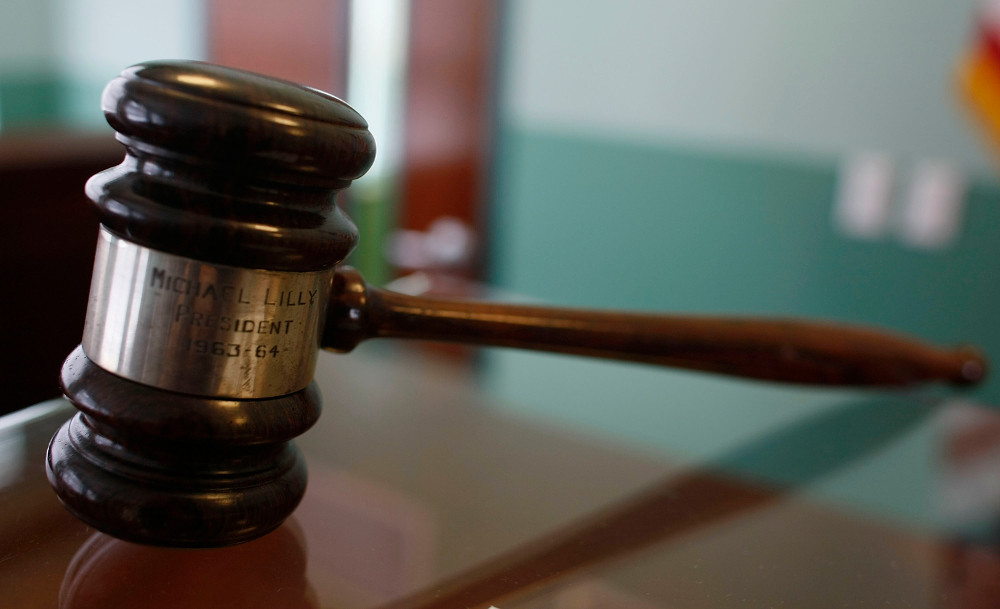
Reflections on Grand Jury Service and Its Relation to Environmental Extremism
For the past quarter, I’ve been on call with thirteen colleagues – none of whom I knew before this – empaneled as a grand juror.
Before this honor – and to sit as part of a system of peer review is an honor – I’d only seen Hollywood’s depiction of a grand jury proceeding. I’ve sat on four jury trials – and have been the jury foreman for all four – but never had been a grand juror.
For those unfamiliar with grand jury proceedings, it is a process where the prosecutor brings forth evidence to the grand jury, at whatever level necessary, in order to have the jury consider the charges and deliberate charges brought against the individual. There are two outcomes for each charge: the grand jury may issue an indictment for a crime, also known as a “true bill,” if it finds, based upon the evidence that has been presented to it, that there is probable cause to believe that a crime has been committed by a criminal suspect. If there is not sufficient evidence, there is a finding of a “no true bill”. The process is held in secret, and there is no defense of the suspect offered nor allowed. It is not a “mini-trial”. It is a one-sided affair.
It is with that lens that got me thinking of the similarities of how the environmental movement attacks companies, individuals and entities focused on responsible development and energy creation. The proceedings are oftentimes hatched in secret, with no guise of equal opportunity for the companies to defend themselves. It becomes a one-sided affair, where “evidence” is directed at the “jury” of citizens with vigor, “charging” their opponents with “crimes” that may or may not be valid, in hopes that the citizenry will find their arguments compelling. If that happens with enough people, the eco-Left’s ranks of supporters swell, enabling them to take further action and fundraise from their new followers to perpetuate more anti-development activities.
My grand jury panelists and I returned “no true bills” approximately one-fifth of the time. In each case, the prosecutor’s evidence for the accusation was insufficient. The system worked, and the checks and balances found in grand jury proceedings kept indictments from being brought against a suspect.
Thanks to groups like Power The Future, there is hope that unsubstantiated attacks on America’s energy workers can and will be prevented, and that those groups bringing those unsupported assaults will be challenged and ultimately thwarted. We provide the checks and balances against environmental extremism run amok, much like my grand jury provided them against unsubstantiated criminal charges.
September 14, 2020